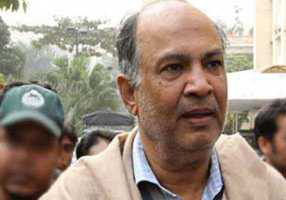
Oct 1, 2013 | News
The ICJ denounces the death penalty handed down today by the International Crimes Tribunal (ICT) to Salauddin Quader Chowdhury, a member of the Bangladesh Nationalist Party, the main opposition party.
If carried out, the sentence would violate Bangladesh’s international law obligations to protect the right to life and freedom from cruel, inhuman, or degrading punishment, the ICJ states.
The International Crimes Tribunal convicted Chowdhury (photo) on nine of 23 charges, including murder and genocide, and sentenced him to death.
“The Bangladesh Tribunal is one of very few transitional justice mechanisms that have imposed the death penalty,” said Sam Zarifi, ICJ’s Asia-Pacific Director. “It is unfortunate that Bangladesh seeks to punish human rights violations by committing rights violations itself.”
The ICJ considers the death penalty in all cases to constitute a violation of the right to life and the right not to be subjected to cruel, inhuman or degrading punishment.
This is the seventh verdict delivered by the International Crimes Tribunal. Death sentences have been handed out in all but one case.
”Bangladeshi law as well as international human rights standards require that death penalty cases receive a fair and thorough review, so it is crucial that appellate review of these cases proceed properly, without undue political pressure or a timeline established by impending elections in or before January 2014,” Zarifi said.
“Those responsible for the horrific war crimes and crimes against humanity during Bangladesh’s war of liberation in 1971 should be brought to justice in processes that are fair, and seen to be fair, instead of being subjected to vengeance,” he added.
Contact
Sam Zarifi, ICJ Asia-Pacific Regional Director, (Bangkok), t:+66 807819002; email: sam.zarifi(a)icj.org
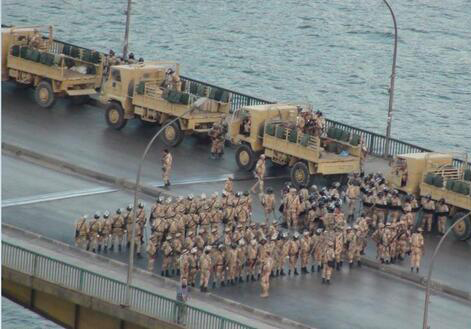
Jul 4, 2013 | News
The ICJ called on the Egyptian authorities, including the army, to uphold the rule of law and democratic principles and take immediate and effective measures to prevent the deterioration of the human rights situation.
The statement came as the head of the armed forces, General Abdel Fattah El Sisi, announced on 3 July 2013 the suspension of the Constitution and the removal of President Mohamed Morsi.
The General said that Constitutional Court Chief Justice Adly Monsour would head an interim government until new elections were held.
The ICJ is deeply concerned that the decisions that have been taken by the military are beyond the scope of its constitutional authority and violate basic rule of law principles.
If implemented, these decisions will also set a dangerous precedent, wrongly signaling that the conflicts and challenges in Egypt should be met by military force rather than through political engagement and legal processes, the ICJ said.
“All Egyptian authorities should ensure that any political disagreement or conflict is resolved in compliance with rule of law principles and through legally established channels. Under international law, political divergences cannot be invoked to justify the unlawful seizure of the executive power,” said Wilder Tayler, ICJ Secretary General.
The ICJ is also concerned about reports that President Morsi, his advisers and leaders from the Freedom and Justice Party have been arrested.
Journalists have also been arrested and several television stations linked to the Muslim Brotherhood were taken off air following the Military decisions.
“The army and government authorities should ensure the protection of the rights of those detained in the context of the ouster of President Morsi, including the right to liberty and to security of person. Journalists arrested while exercising their professional duties must be released immediately,” Tayler further said.
The transition process in Egypt, under both the Supreme Council of Armed Forces (SCAF) and President Mohamed Morsi has failed to comply with international rule of law and human rights standards, the ICJ said.
The ICJ is also concerned about of the deterioration of the human rights situation in Egypt over the last few days, including cases of unlawful killings and physical violence against protesters, including sexual assaults against women.
“The Egyptian authorities should ensure that these human rights violations are fully investigated with a view to holding the perpetrators to account. They must also guarantee the rights of all peaceful protesters to security and to the freedoms of assembly and expression,” Tayler added.
Contact:
Said Benarbia, ICJ Senior Legal Adviser of the Middle East and North Africa Programme, tel: 41 22 979 38 17, e-mail: said.benarbia(a)icj.org
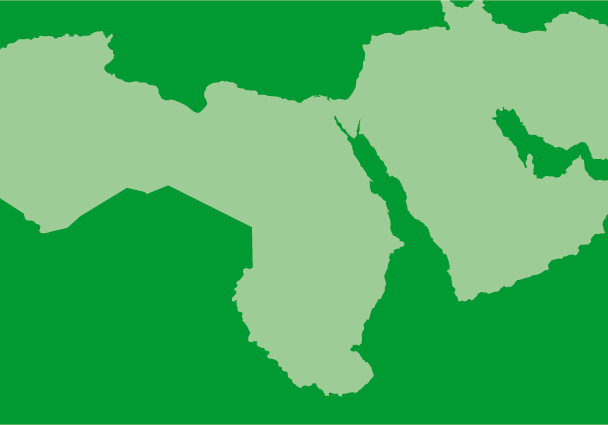
Jul 2, 2013 | News
The ICJ calls on the UAE authorities to take urgent measures to ensure the extinguishment of the convictions of the 68 individuals convicted in the UAE 94 case, and to immediately and unconditionally release those detained.
The ICJ also calls for the withdrawal of any remaining charges against each of the 94 accused.
Sixty-eight individuals were convicted today by the State Security Chamber of the UAE Federal Supreme Court and sentenced to varying sentences.
These include 56 accused who were sentenced to 10 years imprisonment and 8 accused who were tried in absentia and sentenced to 15 years imprisonment.
The convicted individuals were found guilty of “establishing, founding and administering an organization, with the aim of challenging the basic principles upon which the government of the State is based, taking control of the government and establishing a secret structure for the organization”.
“The legal provisions on which these convictions are based fail to meet international law requirements of legal certainty and criminalize the enjoyment and exercise of the rights to freedom of expression and association”, stated Said Benarbia, Senior Legal Adviser of the ICJ Middle East and North Africa Programme.
The ICJ considers that the trial against the accused has failed to comport with international law and standards governing fair trials, including the rights of accused persons to be informed of the reasons for their arrest and the charges against them.
The rights of the accused to be presumed innocent was also undermined by provisions of UAE law that effectively impose a presumption of guilt and allow for the indefinite renewal of pre-trial detention orders.
Further, most of the detainees were held in secret pre-trial detention, including prolonged incommunicado detention and solitary confinement.
Their right of access to family members and to a lawyer during the first months of detention was denied, and most of the detainees were unable to challenge the lawfulness of their detention.
They also reported being subjected to torture and other ill-treatment, including severe beatings, pulling out detainees’ hair, sleep deprivation, exposure to extreme light during the day and night, death threats and other threats and verbal abuse.
None of these allegations of ill-treatment were investigated and prosecuted by the UAE authorities. Instead, “confessions” and other information obtained as a result of torture and other ill-treatment were heavily relied upon as evidence to “prove” the charges against the accused.
The rights of the accused to defence were also severely restricted, including by denying defence lawyers’ access to detainees in pre-trial detention, in particular during interrogation; delaying their access to cases files until a few days before the trial; subjecting them to various forms of intimidation and harassment, including criminal prosecution; and severely curtailing their right to cross-examine witnesses.
Two ICJ observers, together with other international observers and international media, were denied access to the first and second hearings of the trial in contravention of international standards on the right to a public hearing.
Further restrictions on this right included relatives being forced to sign statements agreeing not to disclose information about the trial hearings as a condition to being granted access.
Some of the relatives who reportedly disclosed information about the trial have been subjected to various forms of harassment by UAE authorities.
One individual was prosecuted, convicted and sentenced to a 10-month prison term for “tweeting with bad intent about the trial”.
The ICJ notes that under UAE law, decisions of the Supreme Court cannot be reviewed by any other court, which denies the right of the convicted individuals to an appeal.
“The UAE 94 trial has been marred with a catalogue of violations of fair trial guarantees that have undermined the fairness of the proceedings at every stage. Consequently, any remaining charges against the accused must be withdrawn and those detained must be immediately and unconditionally released”, Benarbia added. “Allegations of torture and ill-treatment must also be promptly, independently and impartially investigated and those responsible held accountable”, he added.
An analytical report on the charges and trial of the UAE 94 in light of international law and standards will be published this month.
Contact:
Said Benarbia, ICJ Senior Legal Adviser of the Middle East and North Africa Programme, tel: 41 22 979 38 17, e-mail: said.benarbia(a)icj.org
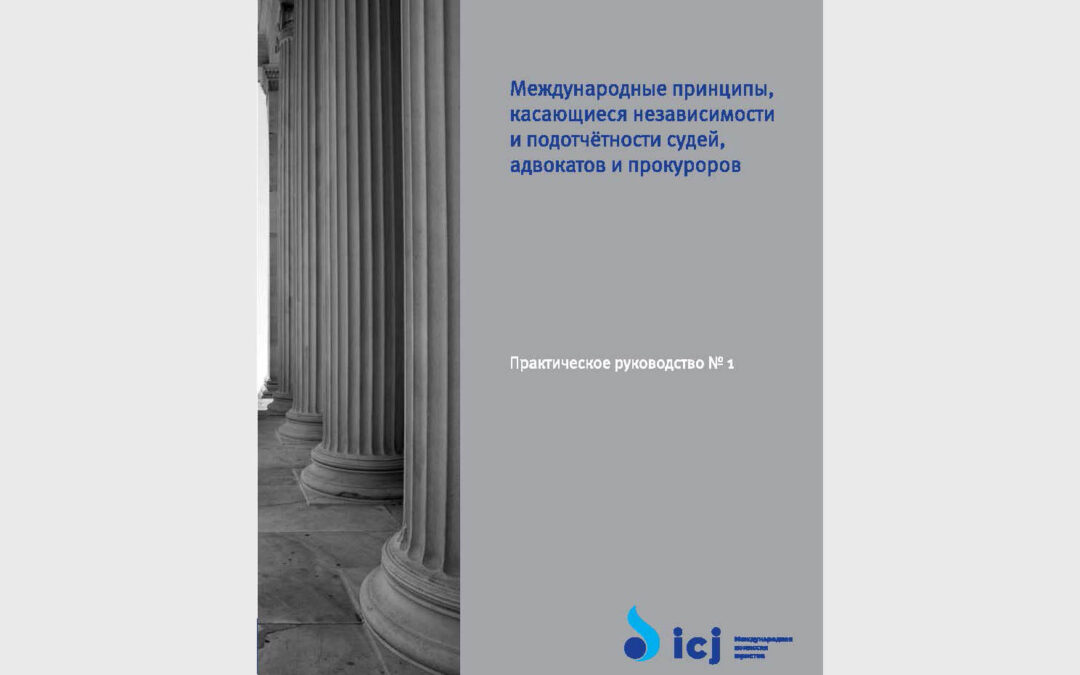
May 28, 2013 | News, Publications
The ICJ has now published a translation of its Practitioner’s Guide, International Principles on the Independence and Accountability of Judges, Lawyers and Prosecutors.
This is the first comprehensive analysis of the existing standards and compilation of universal and regional instruments published in Russian. The Guide outlines the roles to be played by a strong legal profession, an independent judiciary and an impartial and objective prosecuting authority. References to international decisions, reports, texts of treaties and other international standards allow the Guide to be used as a reference book by legal practitioners and policy makers.
International-Principles-on-the-Independence-and-Accountability-of-Judges-Lawyers-and-Procecutors-(No.1)-Practitioners’ Guide series-2013-Rus (full text in pdf)
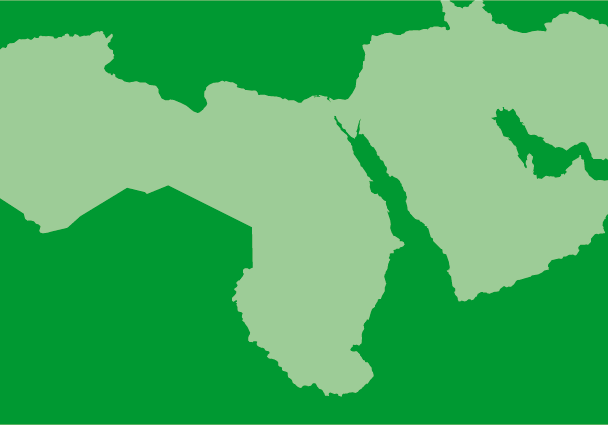
Mar 12, 2013 | News
The ICJ today condemned the blatant disregard by the UAE of the right to a fair and public trial, after its international observers were prohibited from attending the first two hearings of criminal proceedings against 94 individuals.
The detainees include judges, lawyers and human rights defenders. The hearings took place before the State Security Chamber of the United Arab Emirates (UAE) Federal Supreme Court.
The ICJ observers were turned away on 4 and 11 March 2013 by police officers before they reached the court.
“The ICJ deplores the decision of the UAE authorities to conduct the trial of the 94 detainees behind closed doors and to deny access to all international observers for both the opening and second hearing of this trial”, said Ketil Lund, ICJ Commissioner, former Supreme Court Judge of Norway and one of the two ICJ observers who was denied access to the court.
“This denial, combined with consistent and credible reports that detainees have been subjected to torture and other ill-treatment, including prolonged solitary confinement, and denied full access to defence counsel, both during questioning and in preparation for the trial, are inconsistent with fair trial standards and cast serious doubts about the fairness and the outcome of the process.”
Under international law and standards and UAE law, all criminal trials must be open to the public, subject to narrow exceptions not apparently applicable in this trial.
The denial of access to international observers itself constitutes a serious violation of the right to a fair trial.
The ICJ calls on the UAE authorities to fully investigate reports of torture and ill-treatment of the detainees and ensure that information obtained through such practices are not used as evidence in the criminal proceedings.
The UAE authorities must also ensure that as long as the accused remain in detention, their right to have full and unrestricted access to lawyers, including the right to consult in private, medical personnel and family members are fully guaranteed.
The ICJ notes that the accused are charged with “establishing, founding and administering an organization, Da’wat Al Islah, with the aim of challenging the basic principles upon which the government of the State is based, taking control of the government and establishing a secret structure for the organization” (Decision of referral No.79 of 2012 (State Security) of 27 January 2013).
“These ill-defined charges, which fail to meet international law requirements of legal certainty, criminalise the enjoyment and exercise of the rights of all UAE citizens to freedom of expression and association, and to fully take part in the conduct of public affairs. The UAE authorities must therefore drop these charges and put an immediate end to this unfair judicial process,” Lund added.
Contact:
Said Benarbia, ICJ Senior Legal Adviser of the Middle East and North Africa Programme, tel: 41 22 979 38 17, e-mail: said.benarbia(at)icj.org
UAE-right to a fair trial-press release-2013-Arabic (full text, pdf)









